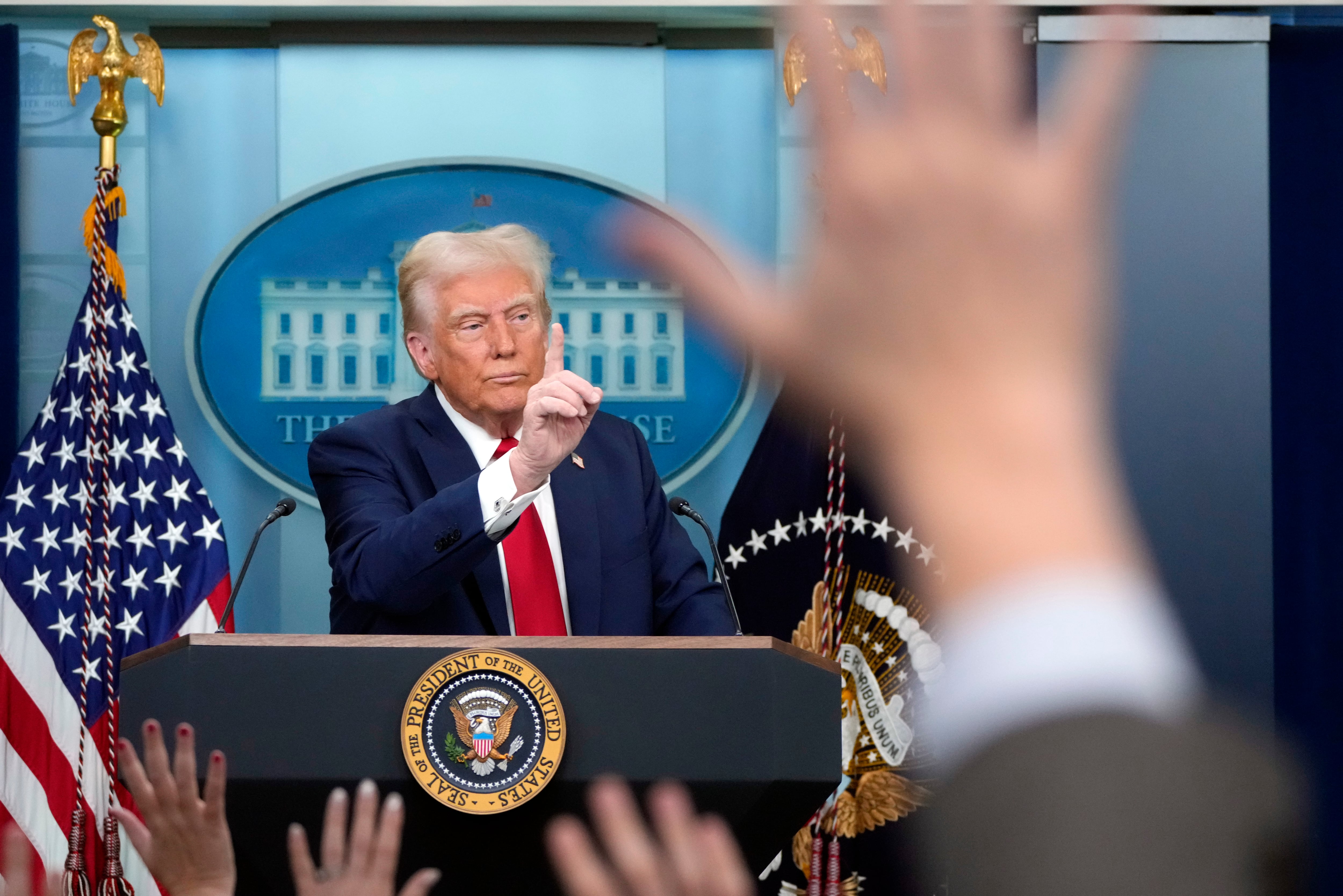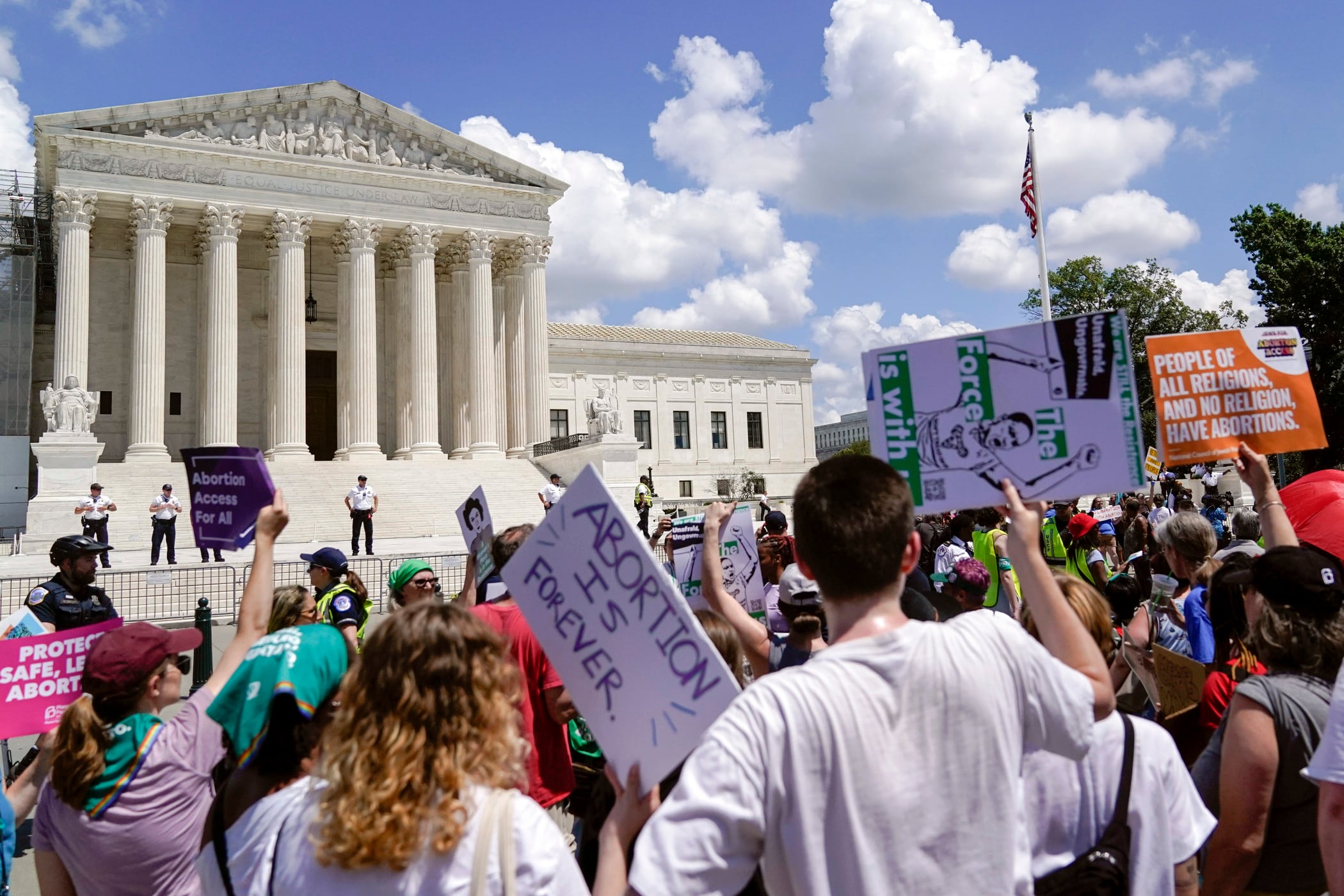Chung Eun-yong, an ex-policeman whose half-century quest for justice for his two slain children led the U.S. Army in 2001 to acknowledge the Korean War refugee massacre at No Gun Ri, has died, the No Gun Ri International Peace Foundation reported. He was 91.
Chung, who died on Aug. 1, had been in failing health in recent years.
The No Gun Ri killings occurred in the first weeks of the 1950-53 war, when U.S. and South Korean troops were being driven south by North Korean invaders, and reports spread that northern infiltrators were disguising themselves as South Korean refugees.
On July 26, 1950, outside the central South Korean village of No Gun Ri, hundreds of civilians from nearby villages, ordered south by U.S. troops, were stopped by a dug-in battalion of the U.S. 7th Cavalry Regiment, and then were attacked without warning by U.S. warplanes. Survivors fled under a railroad overpass, where for the next three days they were fired on by 7th Cavalry troops.
Korean witnesses estimated 100 were killed in the air attack and 300 under the bridge, mostly women and children. Among the dead were Chung's 4-year-old son and 2-year-old daughter. His wife was badly wounded but survived. Chung himself, a law student who as a former southern policeman might have been executed by the northerners, had left their village earlier.
Through decades of authoritarian rule in U.S.-allied South Korea, the survivors kept their silence. But in the 1990s, led by Chung and as South Korea liberalized, they filed a series of petitions to U.S. authorities, demanding an investigation, an apology and compensation. Chung had spent long hours researching in archives in Seoul and Daejeon, and had concluded that the 1st Cavalry Division, the 7th Cavalry's parent unit, was responsible. For a half-century, "No Gun Ri never escaped my mind one single day," he later said.
All their petitions were ignored or dismissed until, in 1999, The Associated Press reported it had confirmed the mass killing, having found 7th Cavalry veterans who corroborated the accounts of Korean survivors. The AP also uncovered declassified files showing U.S. commanders at the time ordered units to shoot civilians in the war zone.
That prompted U.S. and South Korean investigations, and in January 2001 the Army acknowledged the No Gun Ri killings but assigned no blame, calling it a "deeply regrettable accompaniment to a war." President Bill Clinton issued a statement of regret, but not the apology demanded by the survivors. No compensation was offered.
Chung and his group denounced the findings as a "whitewash" of command responsibility. The survivors also rejected a U.S. offer to build a monument at No Gun Ri and establish a scholarship fund, objecting to plans to dedicate the project to all the war's civilian victims, not just those killed by the U.S. military at No Gun Ri.
In 2004, the South Korean National Assembly authorized the building of a 29-acre No Gun Ri Peace Park at the site, medical subsidies for surviving wounded, and a committee to identify victims. In 2005, the committee certified the names of 163 dead or missing and 55 wounded, some of whom later died of their wounds. It said reports were not filed on many more victims. Two-fifths of the dead were children under the age of 15.
In 2006 it emerged that among incriminating documents omitted from the 2001 U.S. report was a declassified letter from the U.S. ambassador in South Korea, dated the day the No Gun Ri killings began, saying the Army had adopted a policy of firing on refugee groups approaching its lines. Chung's group declared this another example of the "deception" behind the U.S. investigation.
In the early 1950s, Chung returned to police work in Daejeon and later was a partner in a small bottle-making plant there. Among his survivors are his wife of 69 years, Park Sun-yong, and a son born after the Korean War, Chung Koo-do, chairman of the government-supported No Gun Ri International Peace Foundation, which helps run the memorial park.
Chung Eun-yong's successful quest to tell the world about No Gun Ri led to an outpouring of other accounts of alleged mass killings of southern civilians by the U.S. military in 1950-51, particularly air attacks. A South Korean investigative commission counted more than 200 cases on its docket by 2008, but the commission was disbanded by a new conservative government in 2010 before it could confirm more than a handful.
———
Material in this story was written by former AP special correspondent Charles J. Hanley, who was part of a team that received a Pulitzer Prize for its reporting on No Gun Ri. AP writer Youkyung Lee contributed to the story from Seoul, South Korea.





